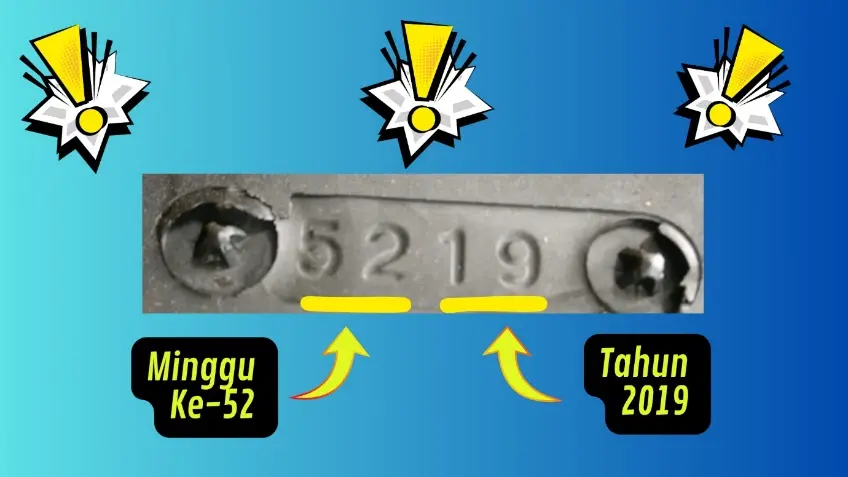Tires over 5 years old: Are they still safe ??

As a vehicle owner, you are required to check the condition of your tires. This is very important to minimize accidents due to the use of tires that are no longer suitable.
The maximum age limit of a tire is generally not indicated by an expiration date. However, some tire manufacturers conclude that, under proper storage conditions (in a dry, cool, and well-ventilated place, avoid direct exposure to sunlight and heat which can cause the tire rubber to crack quickly, keep away from chemicals, oils, and sharp objects that can damage the tire),tires can be said to be Expired, if they have reached the age of 5 years from the time of production.
After more than 5 years, tires can still be stored for up to a maximum of 10 years. After 10 years of storage, it is not recommended to use tires—even if they still appear physically sound—as the rubber quality and its resistance to damage may decline over time, which can affect tire performance.
It turns out that determining a tire's expiration date is very easy: simply check the 4-digit production code located on the tire’s sidewall. The first two digits indicate the "Week of Production", and the last two digits indicate the "Year of Production".
The image below shows that the tire was produced in the 52nd week or the last week of December, in 2019.

After more than 5 years, the tire can still be stored up to a maximum of 10 years. After 10 years of storage, the tire is not recommended for use, even if the tire's condition still looks physically good. The quality of the rubber and its resistance to damage can decrease over time, which can affect tire performance.
Always remember to check the production code, for your safety and security in driving. Tires that are routinely maintained will last and increase user efficiency. Some tire manufacturers conclude that, under proper storage conditions, tires can be said to expire if they have reached the age of 5 years from the time of production.
